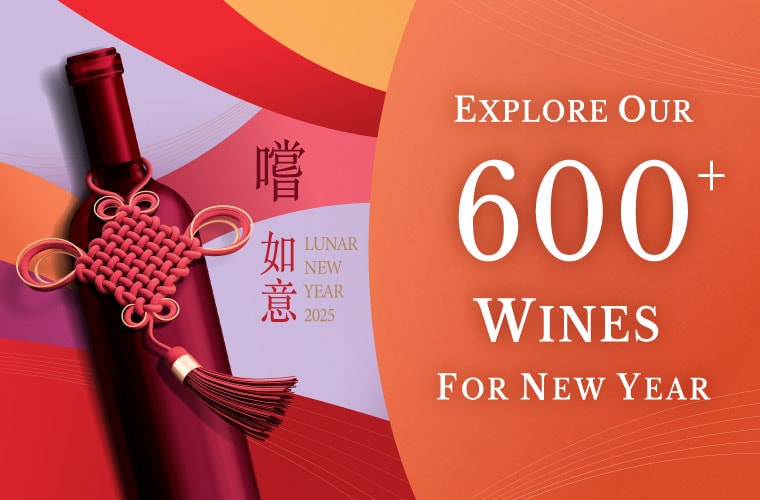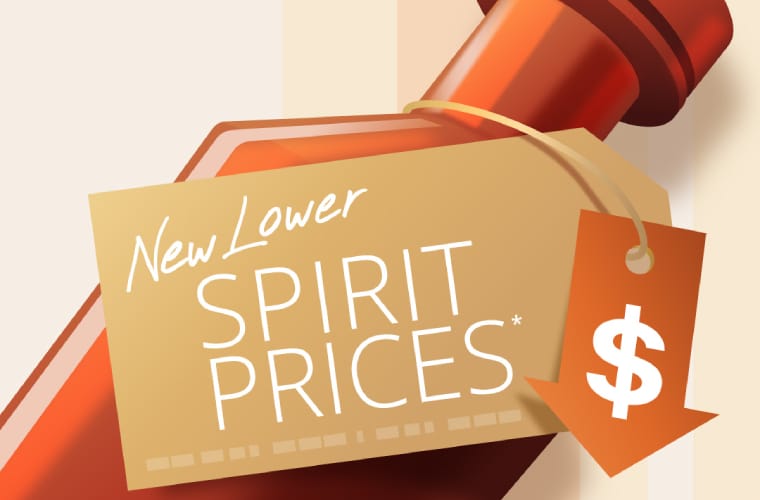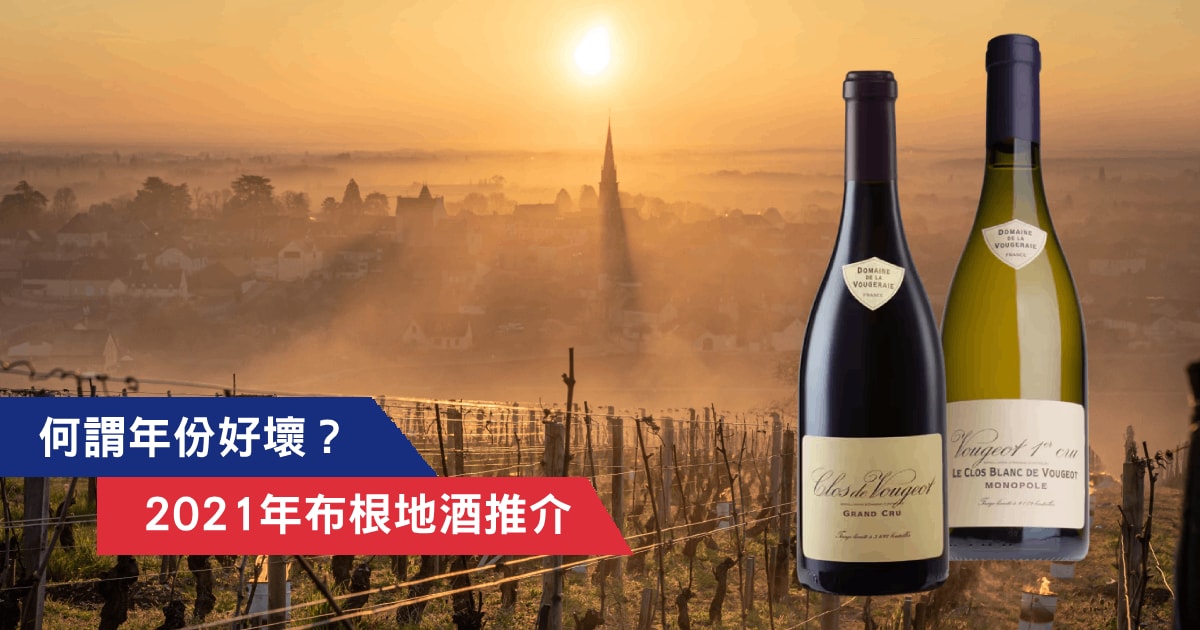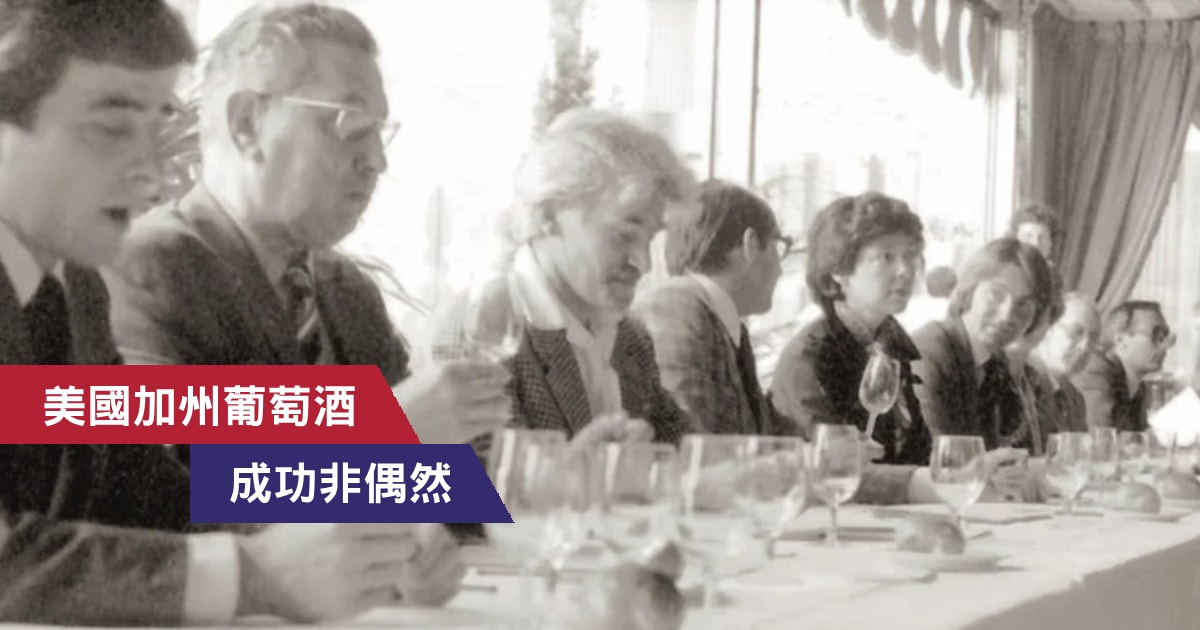The history of winemaking dates back centuries, but today producers around the world are still constantly enhancing their technique and viticultural processes to improve wine quality. Here, we showcase 5 of many innovative winemakers worth your attention!
Paul Hobbs
Hailed as “the Steve Jobs of Wine” by Forbes Magazine, Paul Hobbs is unquestionably a legend in the California wine industry. He never sticks to the rules and always pursues the highest level of precision. His pioneering, innovative work in new and historical sites and regions, particularly for his ability to identify and cultivate exceptional vineyards is highly regarded. He managed to seek out, study, and develop vineyards sites across the globe and fully express the potential of the terroir with his minimalist winemaking.
Apart from Paul Hobbs winery, he also owns CrossBarn in California, Crocus in France, Yacoubian-Hobbs in Armenia, and Viña Cobos in Argentina. In his namesake winery, Paul Hobbs Beckstoffer To Kalon Vineyard Cabernet Sauvignon is one of the highly collectible wines you should try. Meaning “The Highest Good” in Greek, To Kalon Vineyard is a legendary vineyard in Napa Valley producing some of the best premium grapes in the region.

Catena Zapata
Catena Zapata is one of the top wineries in Argentina, with its story being the story of Argentine wine. In 1902, long before Malbec became a household name among wine lovers, the Catena family sailed from Italy to Argentina and planted their first Malbec vineyard in Mendoza, which is now the most important grape variety of the country.

When the third generation Dr. Nicolás Catena Zapata took over the family winery in the 1960s, he drastically modernised the winemaking techniques and pioneered planting on extremely high-altitude vineyards on the Andes Mountains. Once again, they succeeded with flying colours, with their flagship Adrianna Vineyard being regarded as the first ‘Grand Cru’ in South America. It is located at nearly 5,000 feet above sea level, and no one thought grapes could ripen at such extreme altitude. But they do. The resulted wine is extremely soft, velvety, complex in world-class quality. Nicolás was awarded the “Lifetime Achievement Award” by Wine Enthusiast in 2021 for his contribution to putting Argentine wines on the world map of premium wines.
Catena Zapata’s story hasn’t stopped – the winery is now in the hands of the fourth generation, Dr. Laura Catena, a Harvard-and-Stanford-educated vintner, physician, and author. While running a very successful wine business, she actively promotes Mendoza wine and Argentine Malbec, particularly in the field of high-altitude viticulture, the vineyard soil microbiome, and wine ageability. It’s believed that with the thorough studies of vineyards and in the talented hands of such calibre and intellect, more breakthroughs will come again from Catena Zapata!

Ceretto
Based in Langhe of Italy, Ceretto is the pioneer of the single-vineyard movement of Barolo. It was their brilliant insight of the “Cru” that brought Ceretto wines to the fore of the winemaking elite. They believe in the land 100%, the winery is obviously important, but great wines are made with great grapes.
Ceretto winery was founded in the 1930s by Riccardo Ceretto, who did not own any vineyards and simply produced wine from grapes he purchased. The turning point came when his sons Bruno and Marcello joined the business, with their innovative thinking for the time: the importance of the land. In 1960s, Bruno and Marcello started mapping out the land that produced the best wines and buying the vineyards. They would never leave the region again, and these exceptional vineyards have provided them with top-quality grapes for making wines.

Part of the third generation of the family, Alessandro Ceretto, has joined the winery in the early 2000s after graduating from the school of oenology and working for a few years in wineries around the world. He noticed that it was very difficult to express the terroir in the wine. Over time, he realised that to understand the characteristics of the terroir you must limit human impacts. In short, he had to forget about what he had been taught about oenology, which was about following recipes of winemaking to produce correct, standardised wines. Since then, the winery started to work by subtraction, for example, fermenting the grapes with no selected yeast, and using less and less new wood. Over the last twenty years, they have embarked on a journey to adopt more environmentally sustainable farming methods and obtained organic certification in 2015. Their philosophy of working by subtraction allows them to express the terroir fully.
d’Arenberg
d’Arenberg is one of the most iconic wineries in South Australia, managed by the famous Chester Osborn who acts as not only the chief winemaker but also viticulturalist. Taking care of both winemaking and the vineyard is an important binary for him. In the winery, he’s as minimalist as possible for his belief in terroir expression; and in the vineyard, he pushes the boundaries of sustainable grape growing, and now the winery is both certified organic and biodynamic.

Among so many South Australian wineries, d’Arenberg stands out in many different ways – in addition to the wide range of wine offerings and great quality, they are also always full of character. From the signature red stripe on the label to the truly unique 5-storey d’Arenberg Cube and the owner with a big personality and outstanding outfit, d’Arenberg can be recognised easily from the crowd. It’s especially the case if you visit their cellar door – they are revolutionising the wine experience, combining wine, food, art, luxury and discovery. For example, we may try to blend and bottle our own wines.
Penfolds
The last producer we introduce is Penfolds, the national treasure of Australia. Located in Barossa Valley of South Australia, Penfolds embarked on a new bold endeavor with experiments on new winemaking methods. The winery even brings its dream to other parts of the world, breaking new ground in the spirit of innovation and experimentation.
RWT ‘Red Winemaking Trial’ was merely a project for Penfolds to try out a single-region in oppose to the long defined multi-region red blends. Now it is no longer a trial. The style is concentrated, mature, and with an excellent fruit/oak balance.
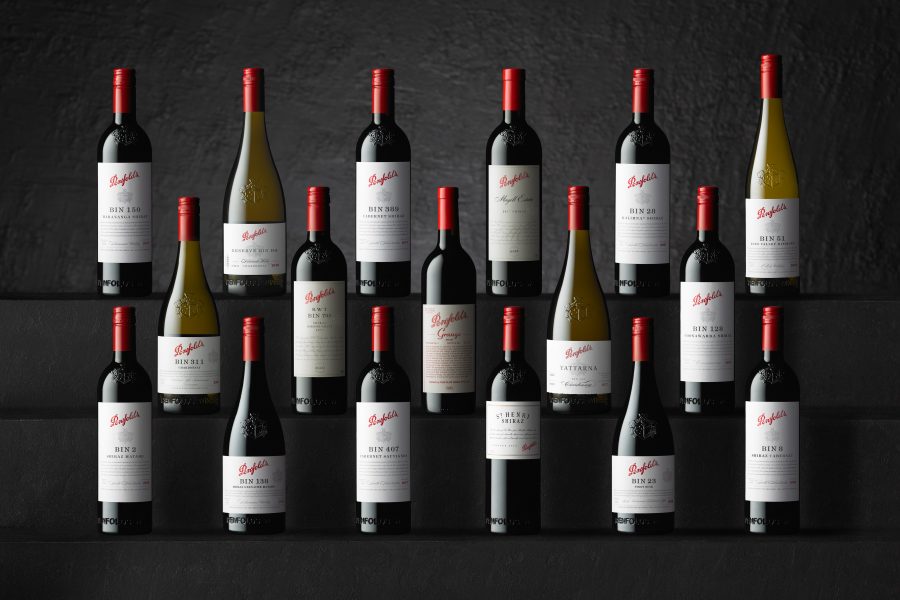
Penfolds’ California Collection is another groundbreaking project. Inspired by Super Tuscan, Penfolds wished to make wines that beyond geographical boundaries. Penfolds winemakers first imported heritage vine cuttings from esteemed South Australian vineyards, then planted them in Napa Valley, Paso Robles and Sonoma County. In 2018, Penfolds successfully debuts its Quantum Cabernet, Bin 149 Cabernet, and Bin 704 Napa Valley Cabernet such releases.
On top of that, Penfolds is also a pioneer of NFT, with a number of very successful NFT of premium wines.



 Same Day Pick-up
Same Day Pick-up